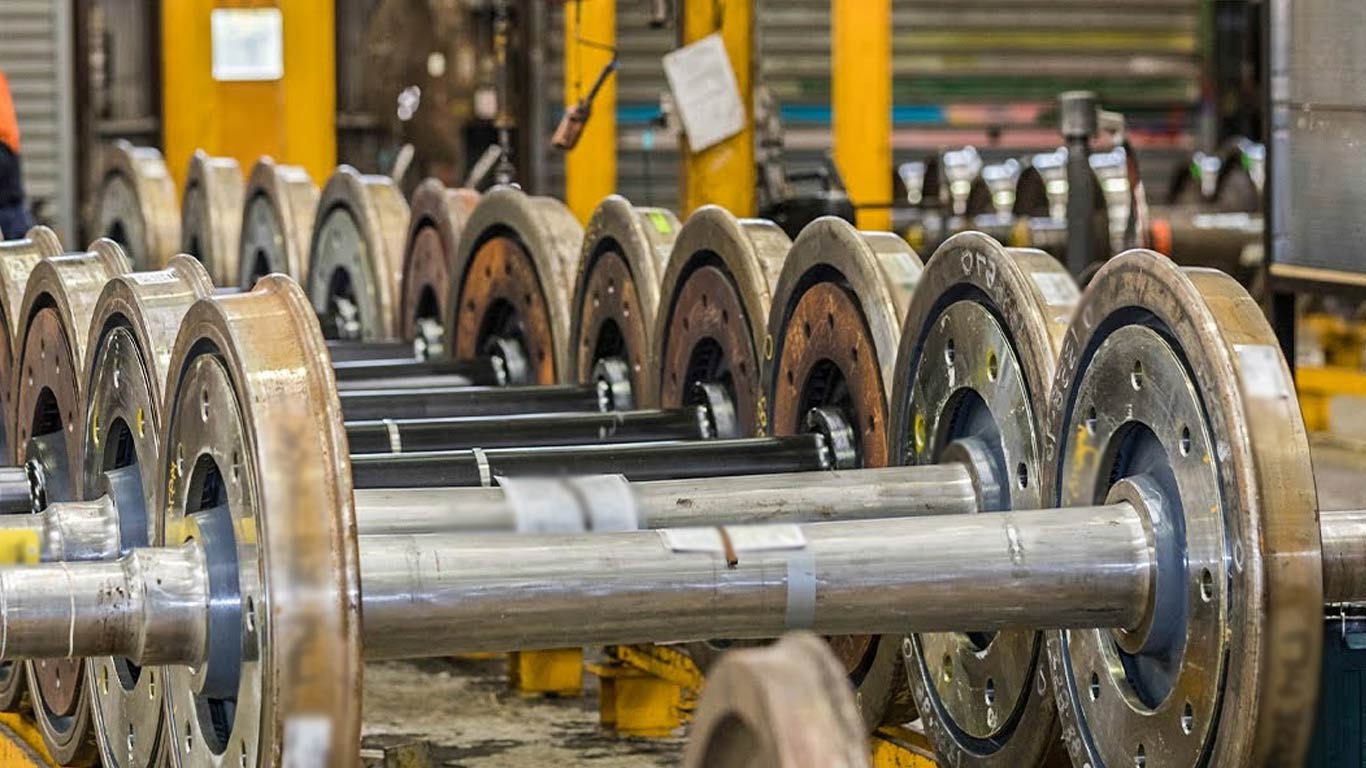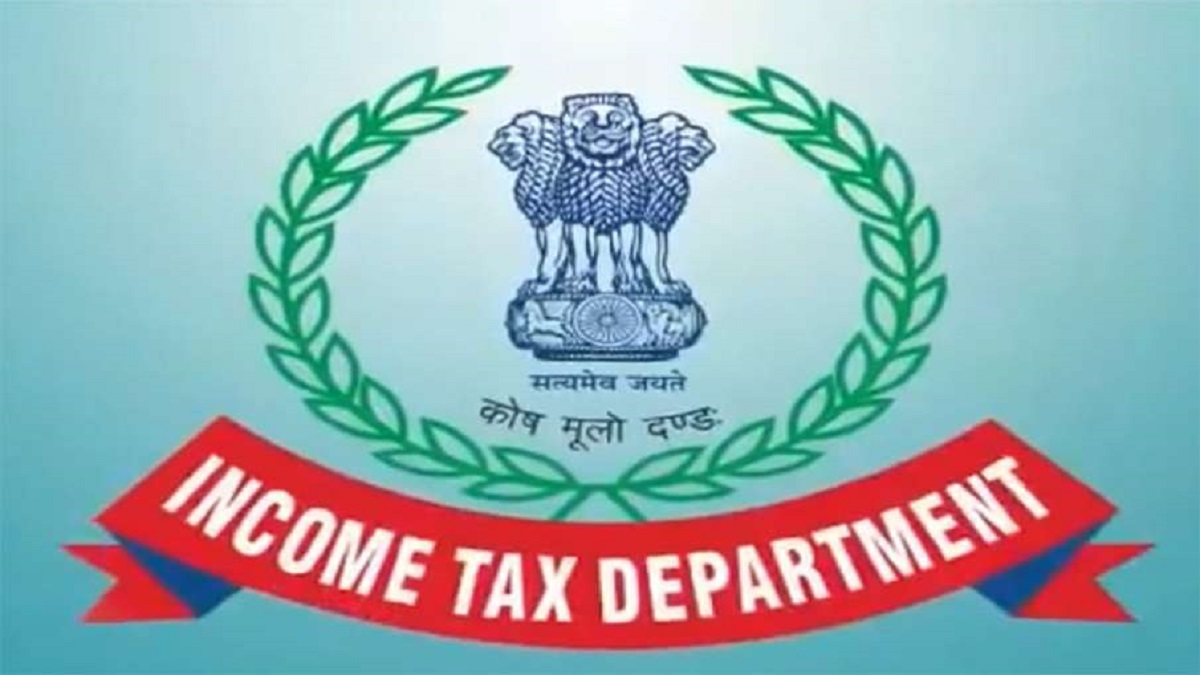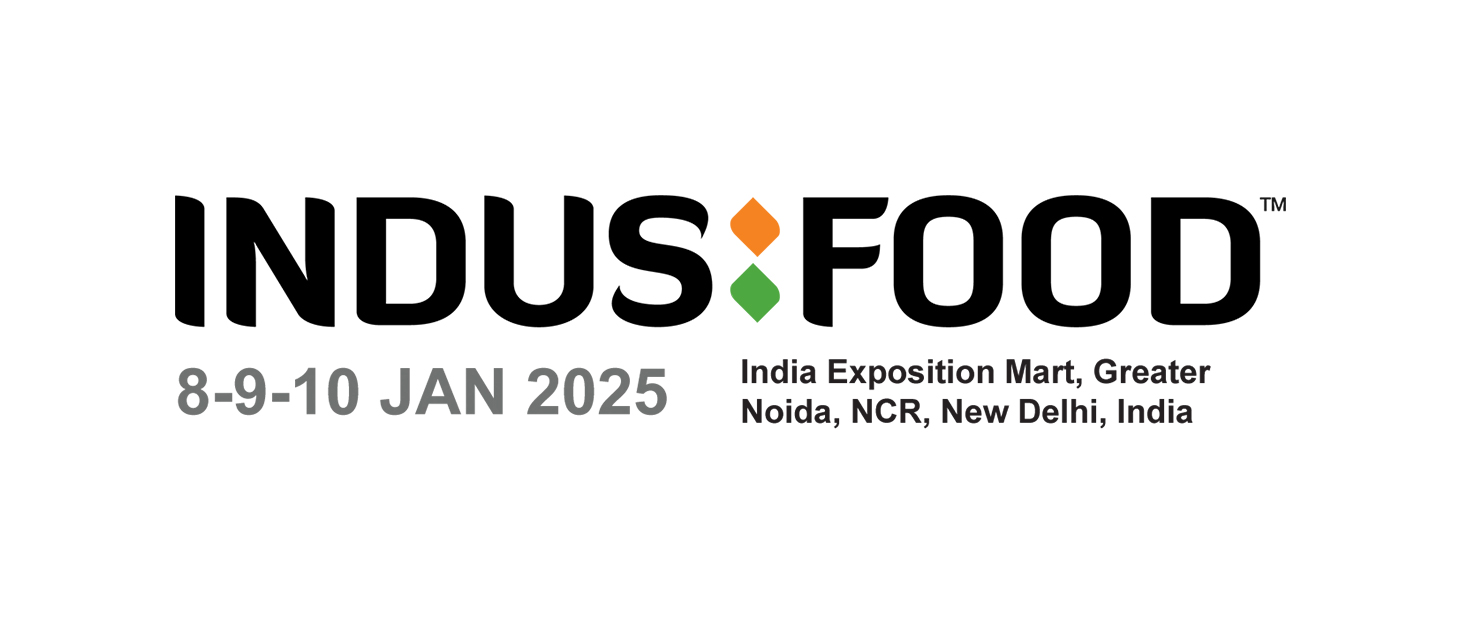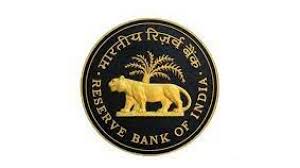Cabinet approves Scheme for Formalization of Micro Food Processing Enterprises
Thu 21 May 2020, 10:16:30

Union Cabinet yesterday gave its approval to a new Centrally Sponsored Scheme named Scheme for Formalization of Micro Food Processing Enterprises for the Unorganized Sector on All India basis with an outlay of Rs. 10 thousand crore.
The expenditure will be shared by Centre and the States in ratio of 60:40.
The objectives of the scheme is to increase in access to finance by micro food processing units, increase in revenues of target enterprises, enhanced compliance with food quality and safety standards, strengthening capacities of support systems and transition from the unorganized sector to the formal sector, special focus on women entrepreneurs and aspirational districts, encourage Waste to Wealth activities and focus on minor forest produce in tribal districts.
Scheme will be implemented over a five-year period from 2020-21 to 2024-25 and two lakh micro-enterprises are to be assisted with credit linked subsidy.
Micro enterprises will get credit linked subsidy at 35 per cent of the eligible project cost with ceiling of Rs. 10 lakh.
Beneficiary contribution will be minimum 10 per cent and balance from loan.
There will be on-site skill training and Handholding for DPR and technical upgradation.
The scheme will be rolled out on All India basis. Seed capital will be given to SHGs (Rs. four lakh per SHG) for loan to members for working capital and small tools.
Grant will be provided to FPOs for
backward/forward linkages, common infrastructure, packaging, marketing and branding.
backward/forward linkages, common infrastructure, packaging, marketing and branding.
The scheme would be monitored at Centre by an Inter-Ministerial Empowered Committee under the Chairmanship of Minister, Food Processing Industries.
A State and UT Level Committee chaired by the Chief Secretary will monitor and sanction and recommend proposals for expansion of micro units and setting up of new units by the SHGs/ FPOs/ Cooperatives.
The states will prepare Annual Action Plans covering various activities for implementation of the scheme, which will be approved by Government of India.
A third party evaluation and mid-term review mechanism would be built in the programme.
There are about 25 lakh unregistered food processing enterprises which constitute 98 per cent of the sector and are unorganized and informal.
Nearly 66 per cent of these units are located in rural areas and about 80 per cent of them are family-based enterprises.
This sector faces a number of challenges including the inability to access credit, high cost of institutional credit, lack of access to modern technology, inability to integrate with the food supply chain and compliance with the health and safety standards.
Strengthening this segment will lead to reduction in wastage, creation of off-farm job opportunities and aid in achieving the overarching Government objective of doubling farmers' income.
No Comments For This Post, Be first to write a Comment.
Most viewed from Business
AIMIM News
Asaduddin Owaisi questions PM Modi's China policy
Jan 08, 2025
Owaisi slams UP over police post near Sambhal mosque
Dec 31, 2024
Owaisi hails SC order on Places of Worship Act
Dec 13, 2024
AAP Corporator Tahir Hussain joins AIMIM party
Dec 11, 2024
Latest Urdu News
Most Viewed
May 26, 2020
Which political party will win the Delhi Assembly polls to be held on Feb 5?
Latest Videos View All
Like Us
Home
About Us
Advertise With Us
All Polls
Epaper Archives
Privacy Policy
Contact Us
Download Etemaad App
© 2025 Etemaad Daily News, All Rights Reserved.





























